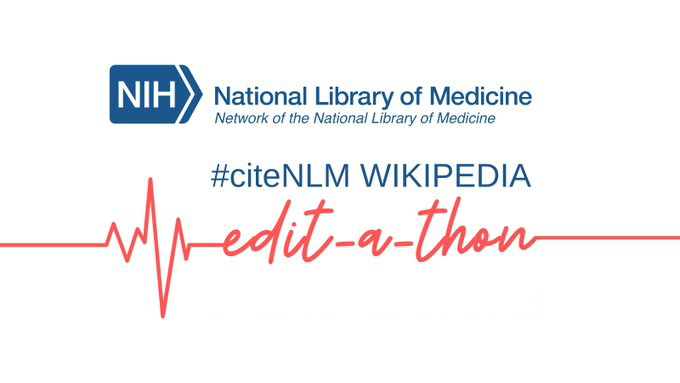PRISMA, the well-known guideline for reporting a systematic review (Preferred Reporting Items for Systematic Reviews and Meta-Analyses), has recently been updated. The original document was published in 2009 with the intent of helping researchers transparently describe methods used to find, select, critically appraise, and synthesize the findings of individual research studies. PRISMA Endorsers include nearly 200 journals that have formally endorsed the use of PRISMA 2009, and an evaluation of the endorsement has been shown to be associated with improvements in reporting quality.
The PRISMA 2020 Statement is now freely available from PLOS Medicine and has also been published in several other journals. The 2020 Statement provides a brief history of the development of PRISMA guidelines to date and, like its predecessor, contains a checklist and flow diagram. A second article, the PRISMA 2020 Explanation and Elaboration document, provides detailed rationales for the inclusion of each item in the PRISMA checklist, as well as real-world examples of reported items. Continue reading


 The Network of the National Library of Medicine (NNLM) runs campaigns twice a year that encourage people to add citations from National Library of Medicine (NLM) resources—such as PubMed and MedlinePlus—to Wikipedia articles related to a chosen theme. The goal of these campaigns is to improve the amount and quality of health information available on Wikipedia.
The Network of the National Library of Medicine (NNLM) runs campaigns twice a year that encourage people to add citations from National Library of Medicine (NLM) resources—such as PubMed and MedlinePlus—to Wikipedia articles related to a chosen theme. The goal of these campaigns is to improve the amount and quality of health information available on Wikipedia.